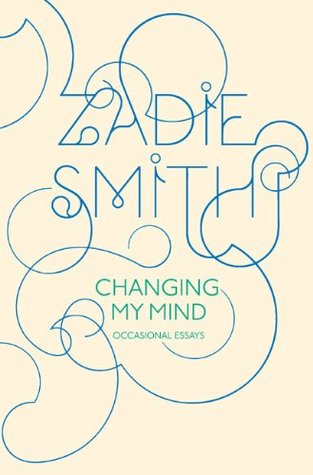[...] All her people are striving toward the fullest truth, the least partial good. Except when Eliot thought of striving, she had more in mind than Austen's hope of happy marriages, or Dickens's dream of resolved mysteries. She was thinking of Spinoza's kind of striving, conatus. From Spinoza, Eliot took the idea that the good we strive for should be nothing more than "what we certainly know will be useful to us," not a fixed point, no specific moral system, not, properly speaking, a morality at all. It cannot be found in the pursuit of transcendental reward, as Dorothea believes it to be, or in one's ability to conform to a set of rules, as Lydgate attempts when he submits to a conventional marriage. Instead, wise men pursue what is best in and best for their own natures. They think of the good as a dynamic, unpredictable combination of forces, different, in practice, for each of us. It's that principle that illuminates Middlemarch. Like Spinoza's wise men, Eliot's people aer always seeking to match what is good in themselves in joyful combinations with other good things in the world. [...]

